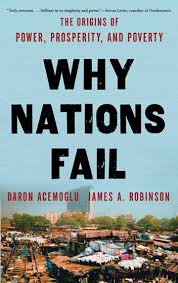What prevents rich foreign interests from funneling tens of millions of Euros to Icelandic elections in order to elect people who are conducive to their interests?
Because money doesn't win elections. Votes (sometimes in the right places) do.
In 2016, Hillary Clinton outspent Donald Trump by more than two to one. And lost. In 2014, Eric Cantor outspent David Brat by five to one. And lost. In 2010, Meg Whitman outspent Jerry Brown by almost five to one. And lost.
There are of course many more examples of the better funded campaign winning. But there is a simple reason for this. Both votes and contributions are signs of support. So more support usually causes both contributions and votes. But when support diverges, votes win.
Clever use of money may be able to allow someone who is relatively unknown to become known. But it can't make a candidate with an unattractive message win. A simple counter message can work if it is believable. E.g. "The Iceland candidate, not the foreign billionaire candidate."
And all this assumes that rich foreign interests care about Icelandic elections. Yes, a Bill Gates could afford to outspend domestic interests and flood Iceland with advertising. But why would he want to do so? Why not spend the same amount of money on an election in some place where he actually lives? Or spend it on something other than elections?
Contributions aren't magic. They don't automatically confer anything. Candidates still have to convince people that their positions are good. Money just helps them get out the message. And even if Gates (or whomever) succeeded, what could the Icelandic government do for him? He doesn't live in Iceland nor do business there (except in that Microsoft does business everywhere). He would probably rather control Microsoft than Iceland.
Businesses do confer ownership with money. Microsoft has nearly three times as much revenues as Iceland has GDP. And Gates' Microsoft stake pays him money and makes him richer. Why would he sell off some of his ownership of Microsoft to meddle in an election that doesn't really matter to him?
all small countries are controlled by their larger neighbors?
If Mexico is controlled by the United States, then why aren't they building Trump's wall?
